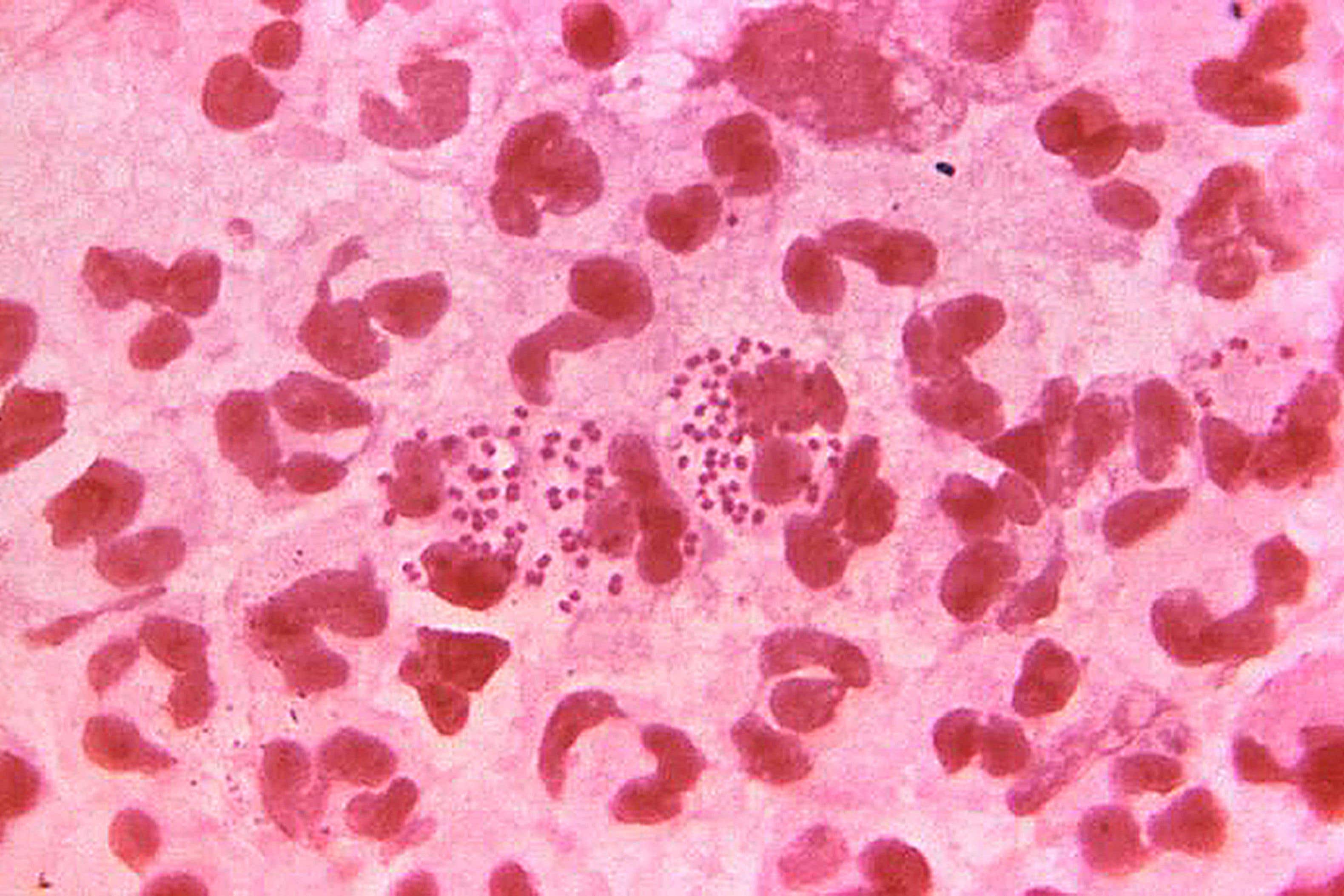Gonorrhoea and syphilis cases are soaring – here’s what you need to know
People should get tested as soon as possible

Levels of gonorrhoea in England are now at the highest level since records began in 1918 and new diagnoses of syphilis at levels not seen since 1948.
Doctors are urging people who are worried that they might have a sexual transmitted infection (STI) to get tested immediately as levels of gonorrhoea and syphilis soar across the UK.
Following the statistics, British Association for Sexual Health and HIV (BASHH) has launched a LoveGUM campaign to encourage more junior doctors to specialise in sexual health.
The leading organisation for sexual health and HIV professionals in the UK said genitourinary medicine (GUM) doctors are needed now more than ever.
Sexual health can sometimes be a difficult topic to talk about, so we have spoken to some sexual health experts to help de-mist the STI taboo…
The NHS defines STIs as “diseases passed on from one person to another through unprotected sex (sex without a condom) or sometimes through genital contact”.
These infections can range in seriousness, but anyone who is displaying some of the common symptoms defined by the NHS – unusual discharge, lumps around the genitals, rashes or warts – are encouraged to see a doctor.
How soon symptoms appear depends on the type of STI you have, and some people have no symptoms.
The only way to know for sure is to get tested at a sexual health clinic, GUM clinic or GP surgery.
What is gonorrhoea and how can it be treated?
The NHS defines gonorrhoea as “a sexually transmitted infection (STI) caused by bacteria called Neisseria gonorrhoeae.
According to Nuffield Health, the bacteria live in the cells of the urethra, rectum, cervix and sometimes the eyes and throat, and is passed on through unprotected vaginal sex, anal sex or oral sex, and through sharing sex toys.
New UK Health Security Agency figures revealed that gonorrhoea diagnoses increased 7.5% within a year – from 79,268 diagnoses in 2022 to 85,223 diagnoses in 2023.

Sexual health expert and GP at LloydsPharmacy Online Doctor, Dr Bhavini Shah, explains who is most at risk of gonorrhoea and the symptoms to be aware of.
“Anyone who is sexually active can catch gonorrhoea. But you’re particularly at risk if you regularly change sexual partners or do not use adequate barrier methods of contraception, like condoms, when having sex.
“It can be prevented through barrier methods of contraception. This means the use of condoms or dental dams (a square of latex or plastic used in oral sex). You should also wash and cover sex toys with a new condom when sharing them.”
She also said that symptoms usually appear within two weeks of being infected and reinforced the importance of getting tested.
“In women, common symptoms include an unusual vaginal discharge (thin or watery and green or yellow in colour); pain or burning when peeing; pain or tenderness in the abdominal area; bleeding between periods, heavier periods and bleeding after sex.
“In men, symptoms may include unusual discharge from the penis (white, yellow or green), pain or burning when peeing; swelling of the foreskin. Another symptom is pain or tenderness in the testicles, although this is rare.
“Around 10% of infected men and 50% of infected women do not experience any obvious symptoms, which is why regular STI testing is necessary, especially if you’re particularly at risk,” explained Shah.
Shah added that it’s important to treat gonorrhoea quickly to prevent complications and long-term issues.
She said: “For example, although rare, gonorrhoea can spread to the eye, if the eye comes into contact with infected discharge from the penis or vaginal fluid.
“Gonorrhoea is particularly concerning in pregnant women as it can cause miscarriage, premature birth or blindness in the newborn baby.”
The most common form of treatment is an antibiotic injection, usually in the buttocks or thigh.
Sometimes it is also possible to have an antibiotic tablet instead.
A follow-up appointment a week or two after treatment is also recommended, so another test can be carried out to see if you’re clear of infection.
Patients are advised to avoid having sex until they have been given the all-clear, to prevent re-infection or passing the infection on to anyone else.
What is syphilis and how can it be treated?
The UK Health Security Agency’s new figures also revealed that infectious syphilis diagnoses has increased by 9.4%, from 8,693 diagnoses in 2022 to 9,513 diagnoses in 2023.
According to the NHS, symptoms of syphilis include small sores on the body – usually around the genital areas – white or grey warty growths, rashes and swollen glands.
Symptoms can take three weeks to appear after you’re infected.
It is diagnosed from a blood sample and is treated with antibiotics.
According to the Nuffield Health, if left untreated it can become a debilitating and led to blindness, paralysis, stroke, dementia and heart disease.
But Dr David Phillips, sexual health consultant, HIV physician and BASHH vice president, doesn’t want people to worry, and assures sufferers that experts are on hand to help.
Phillips said: “Syphilis is not as well-known as other STIs, but it is on the rise.
“Serious long-term complications do exist, but the main message we want to get across to people is to not have any fear.
“There are lots of incorrect and scary information online so make sure you are looking at NHS and BASHH resources because we are the experts on it.
“We are here for you and will help you get the right diagnosis and treatment.”
Bookmark popover
Removed from bookmarks